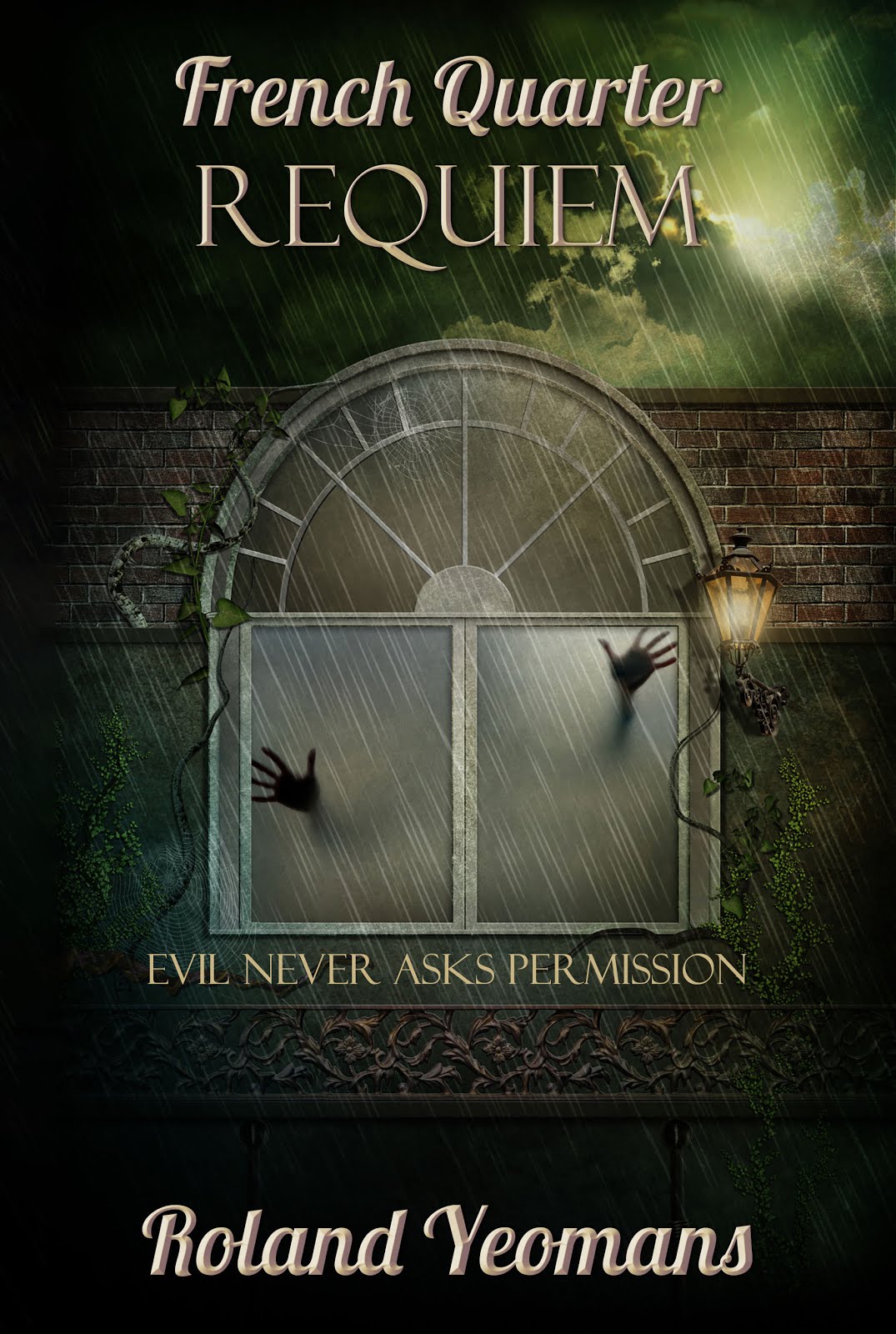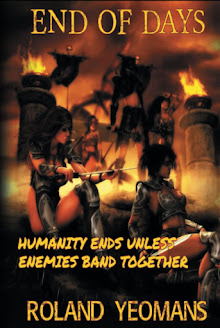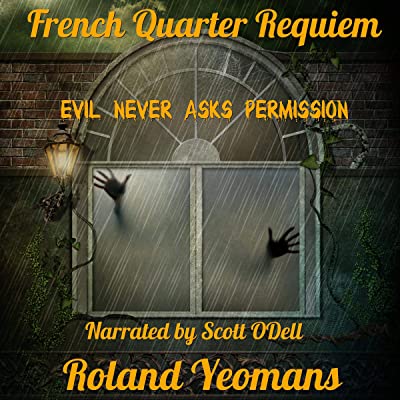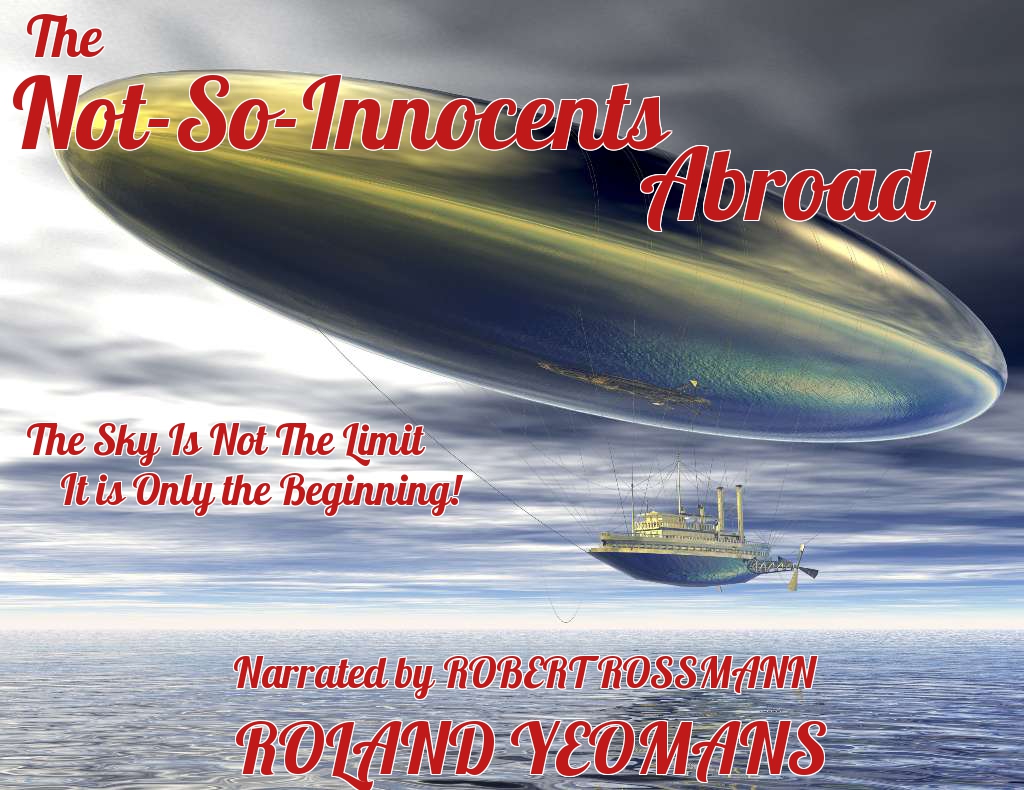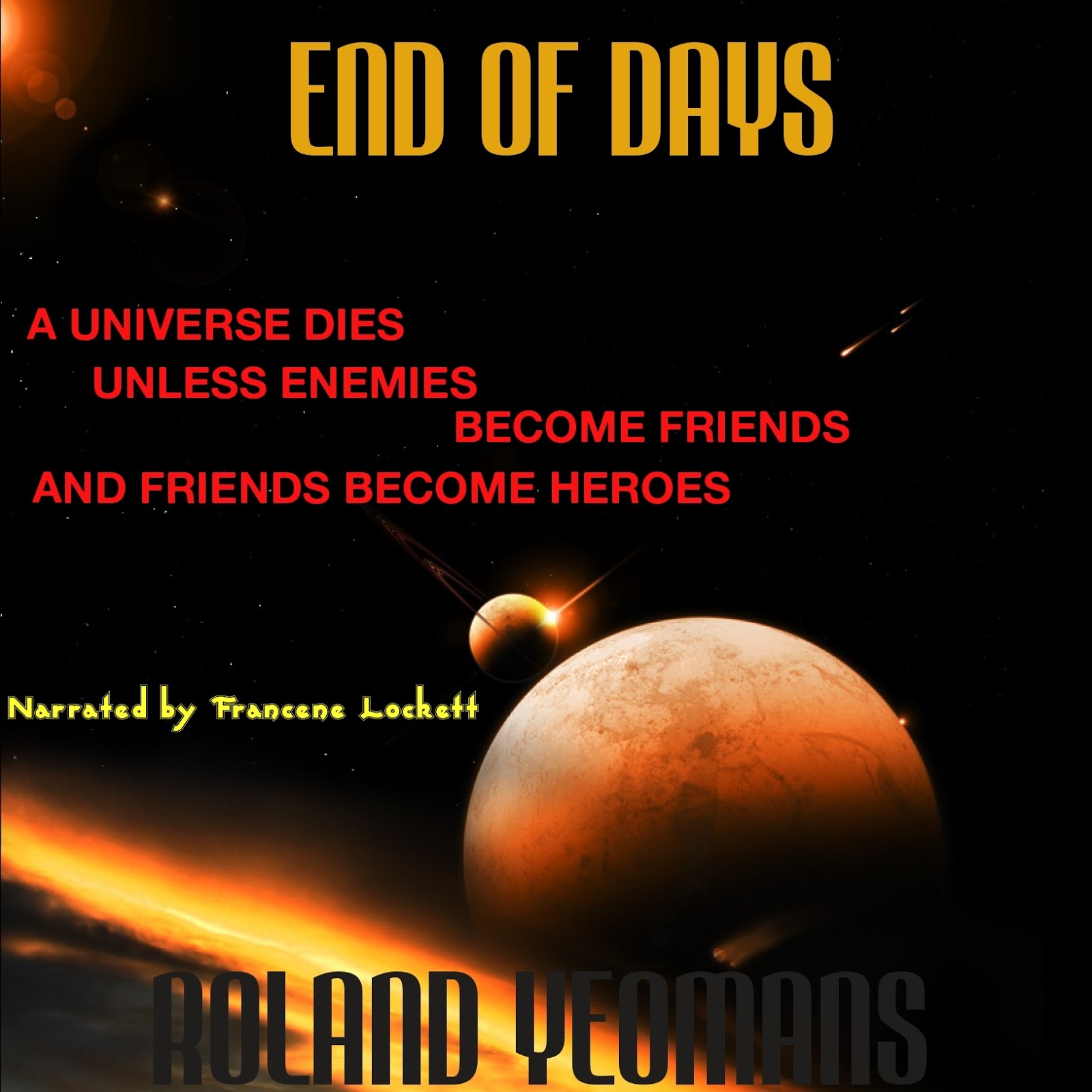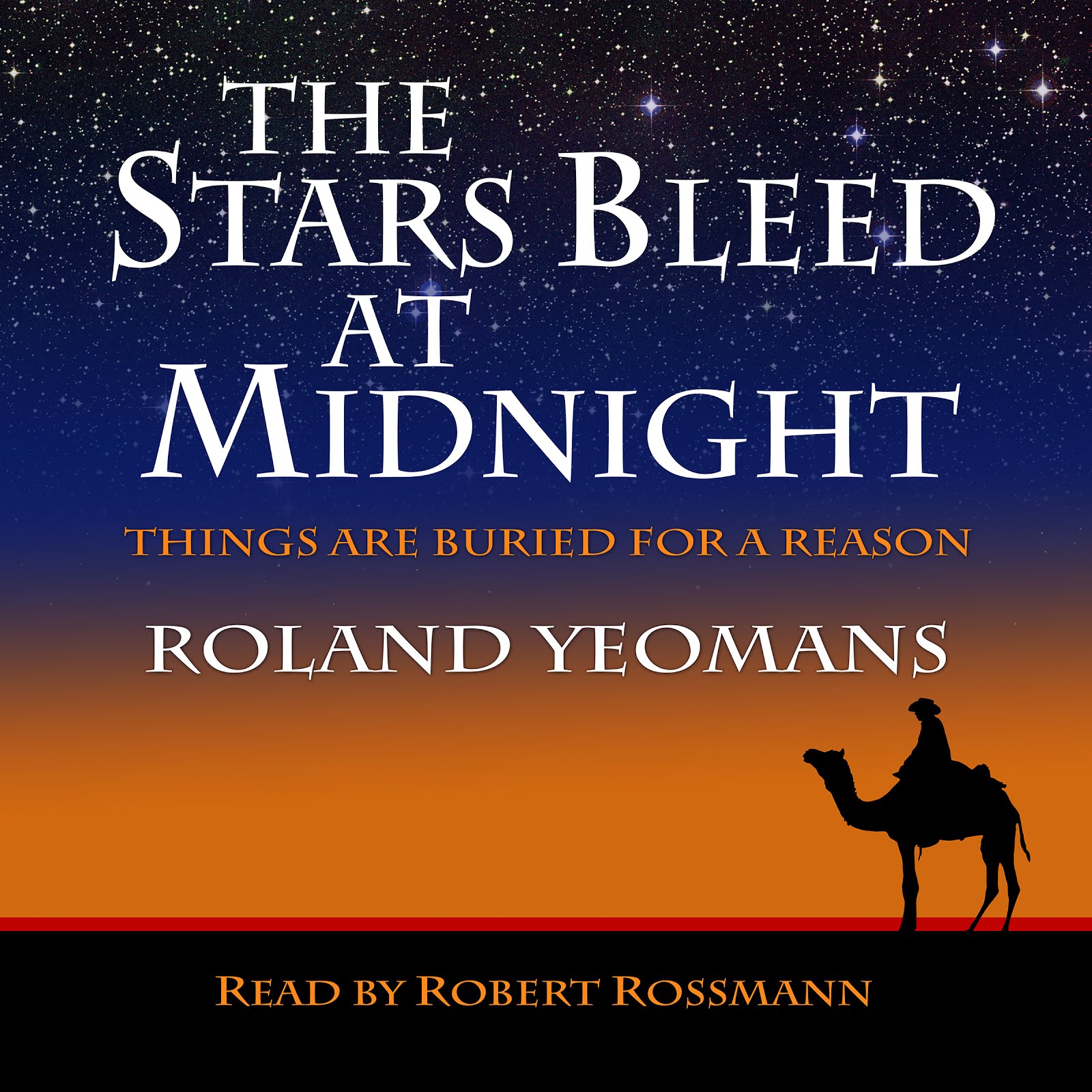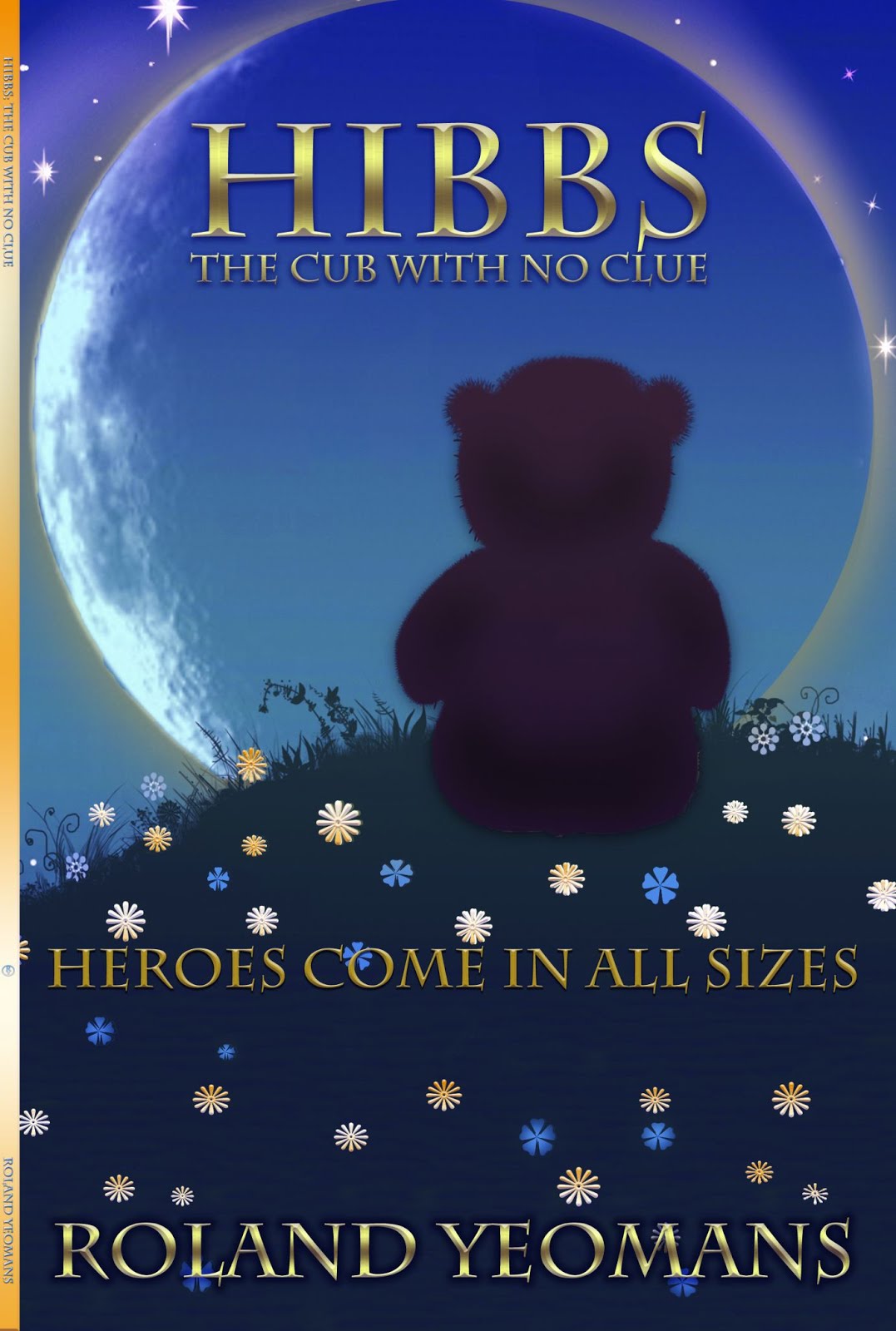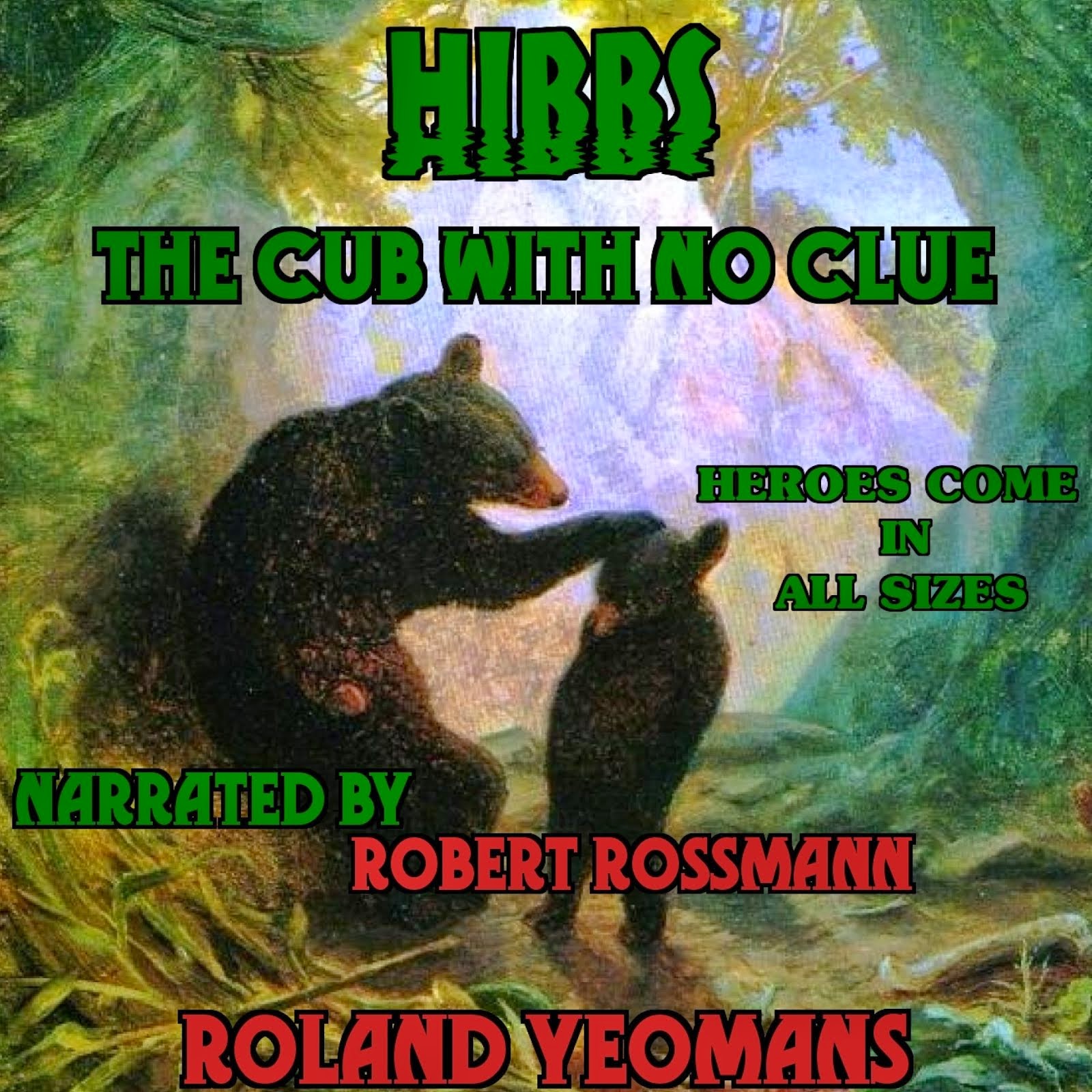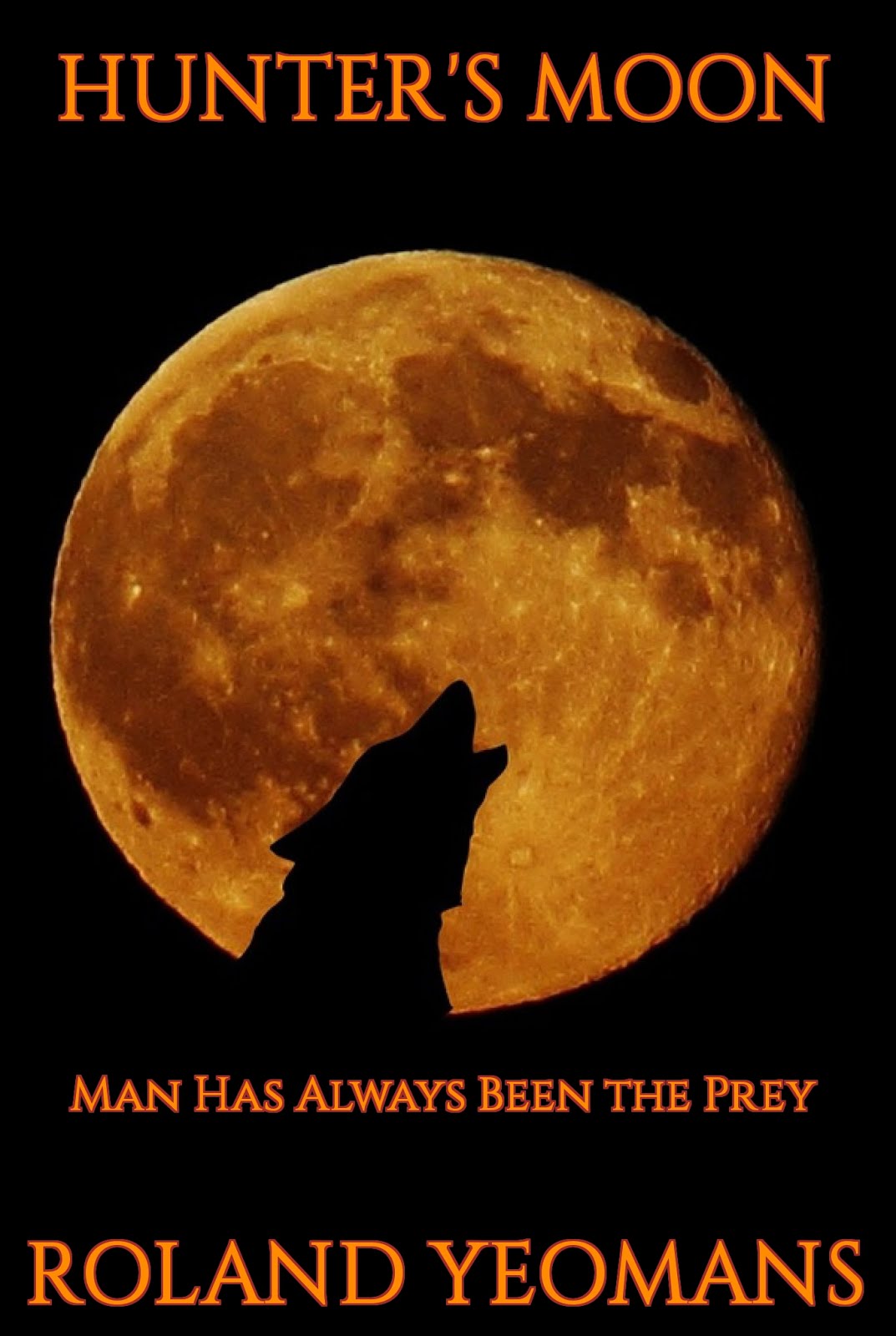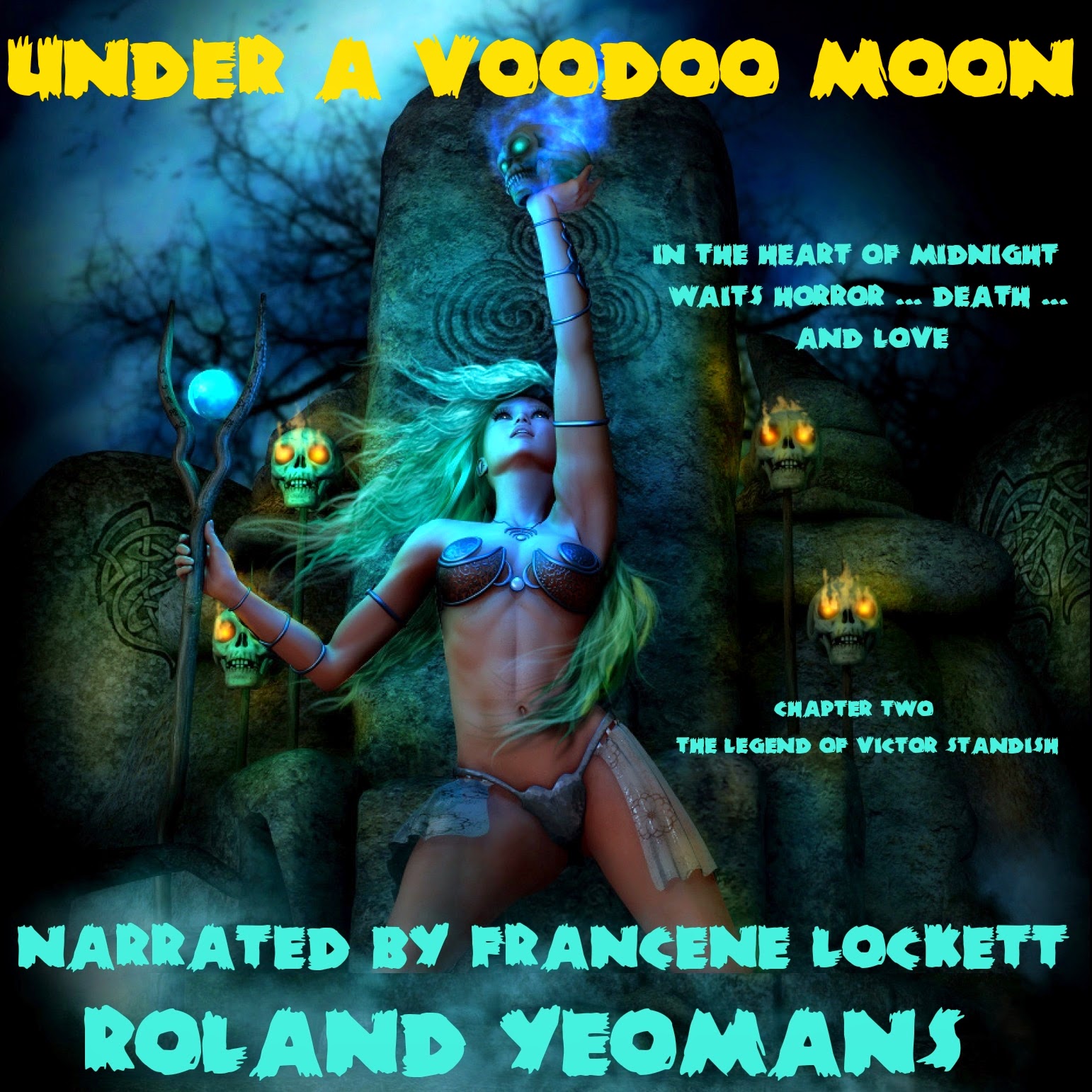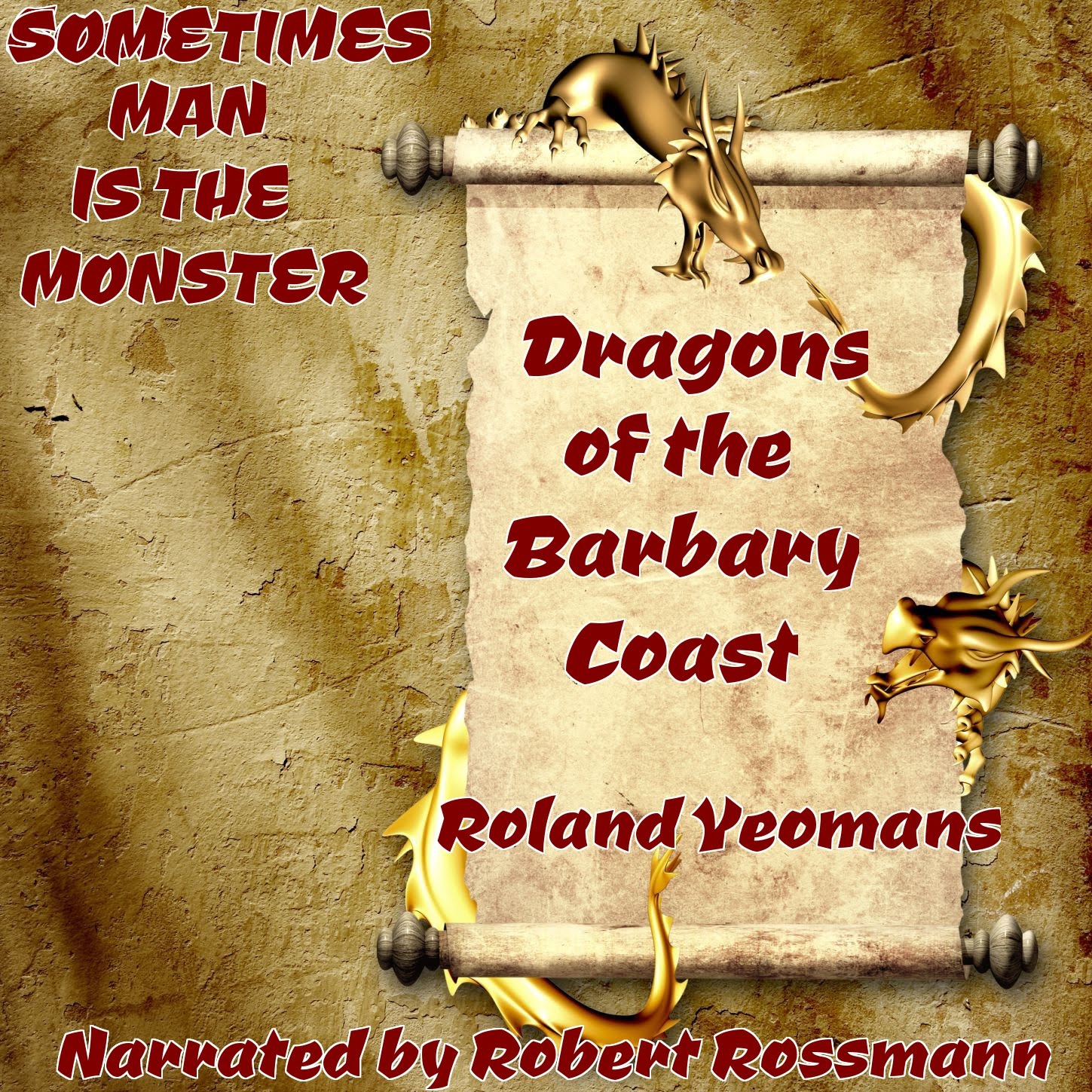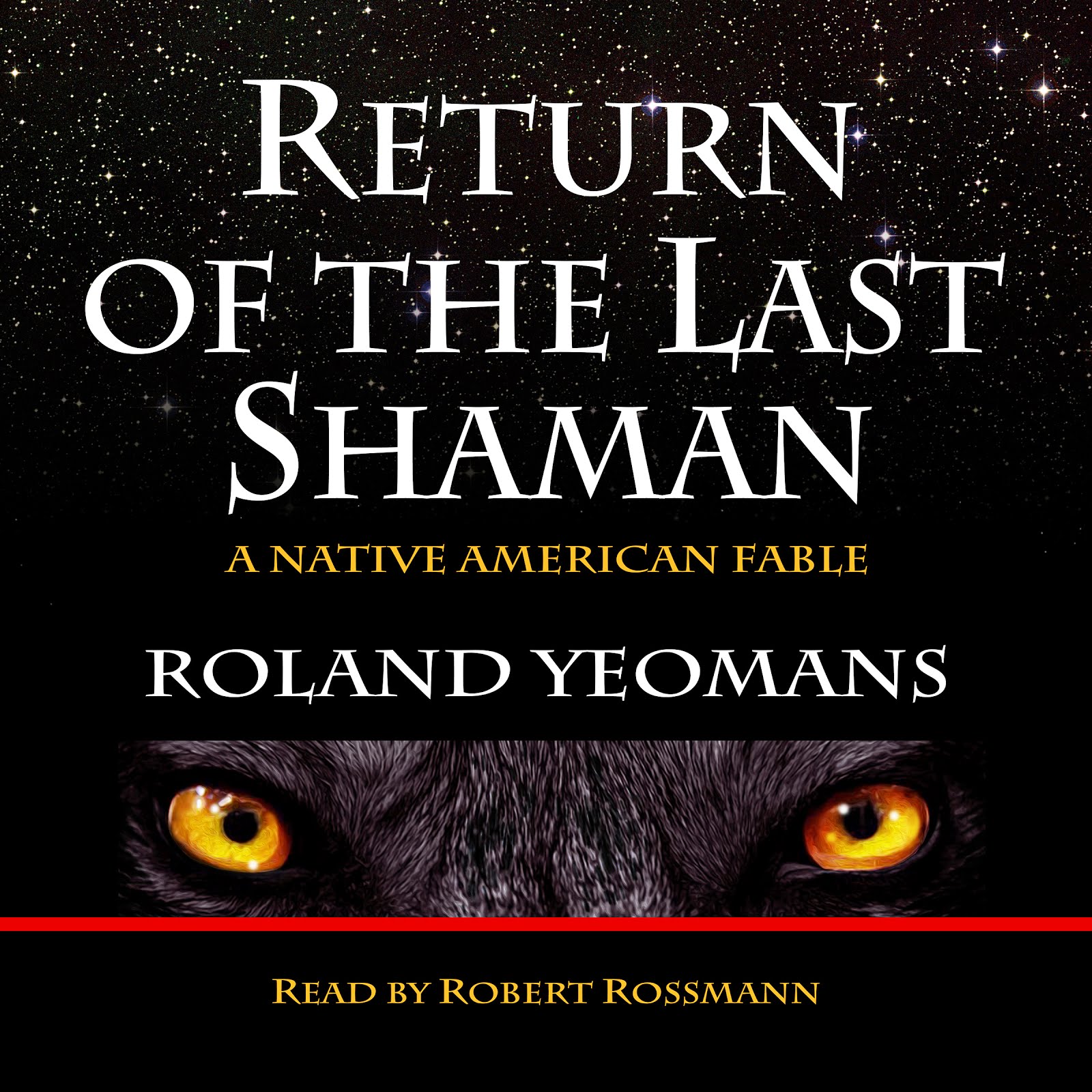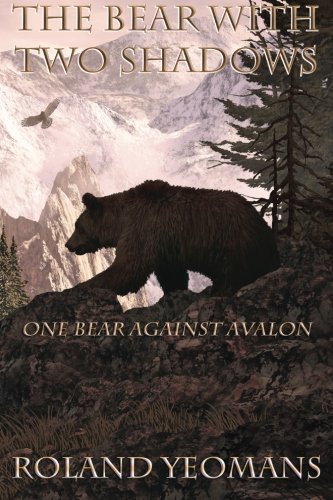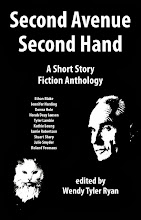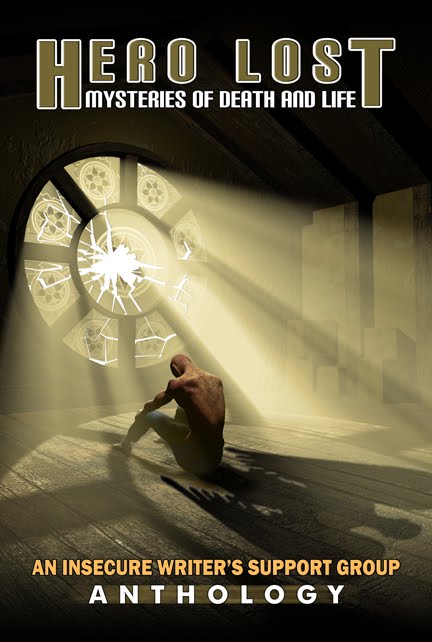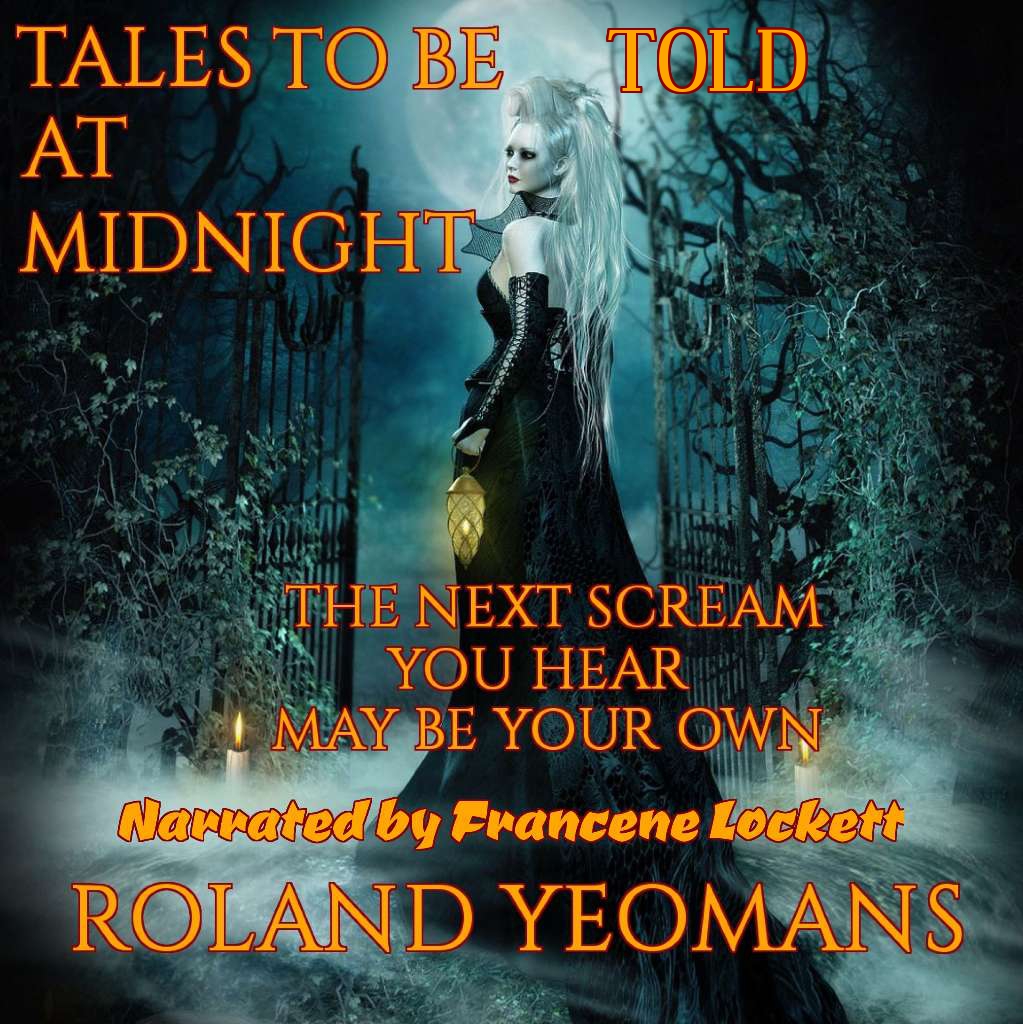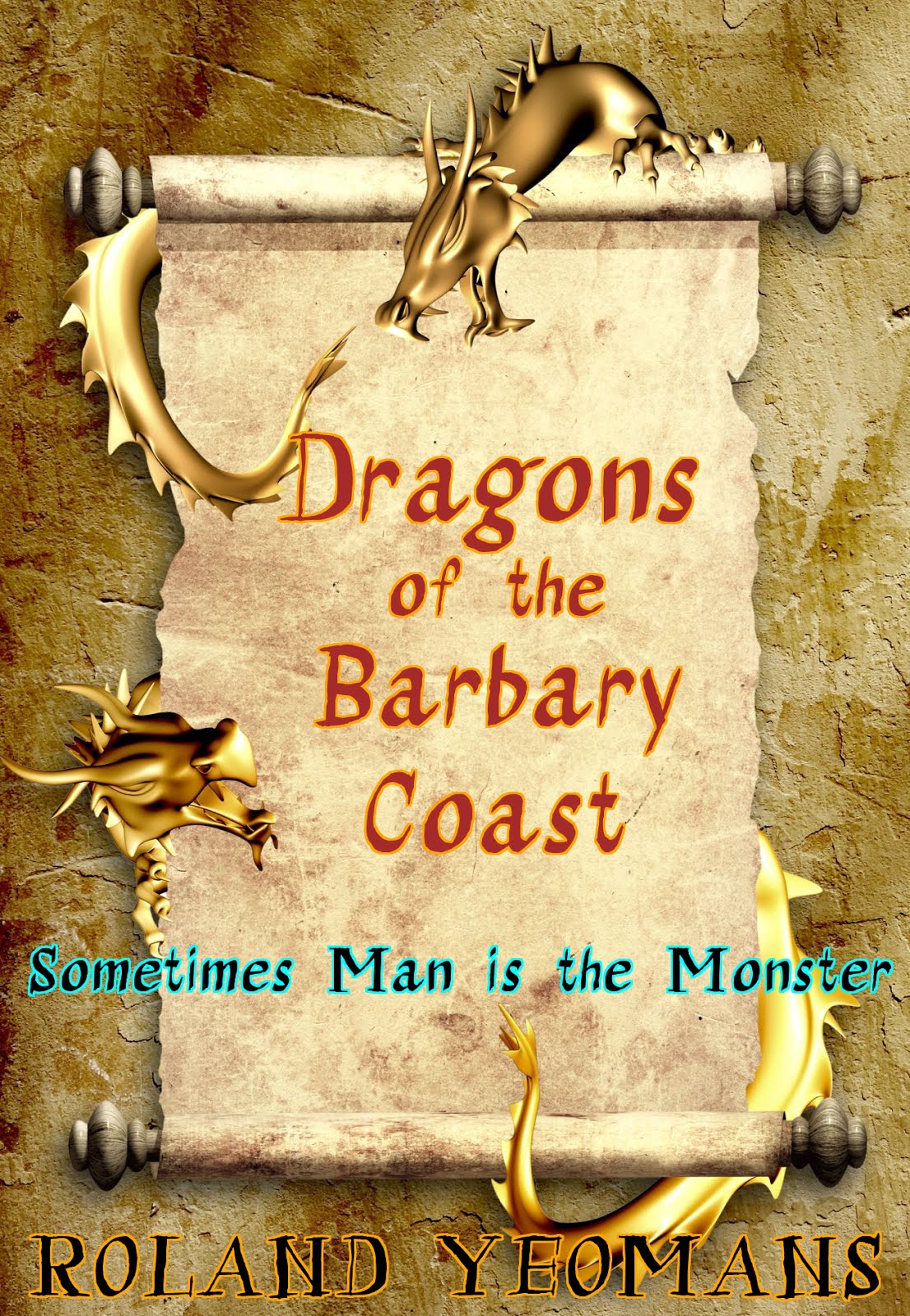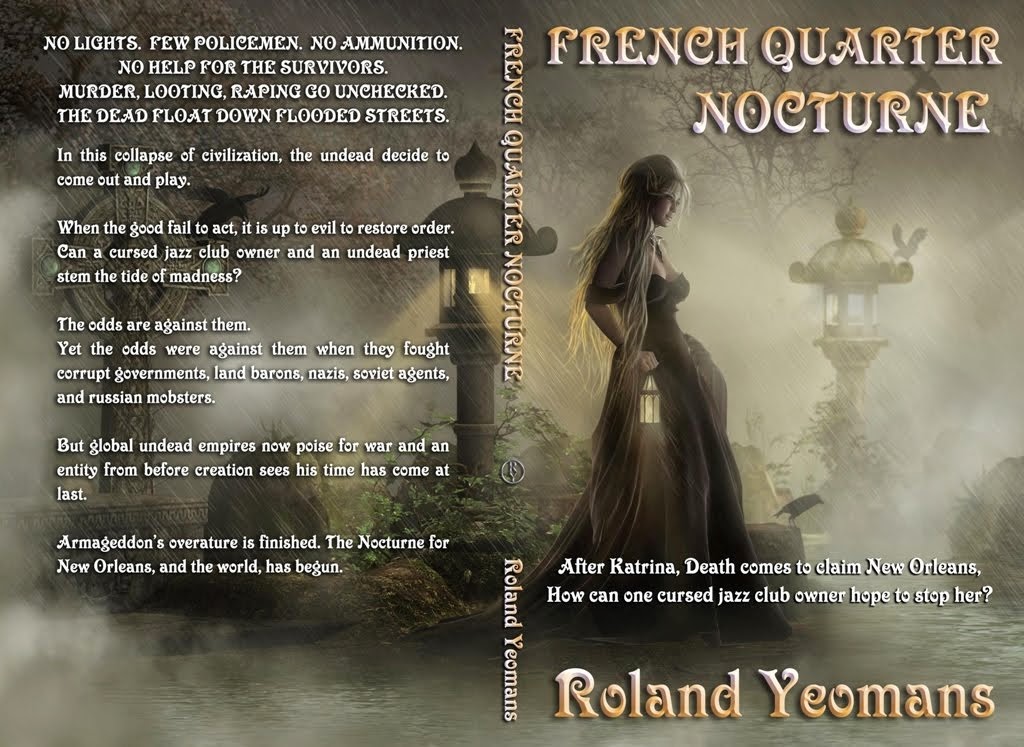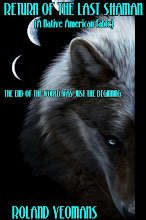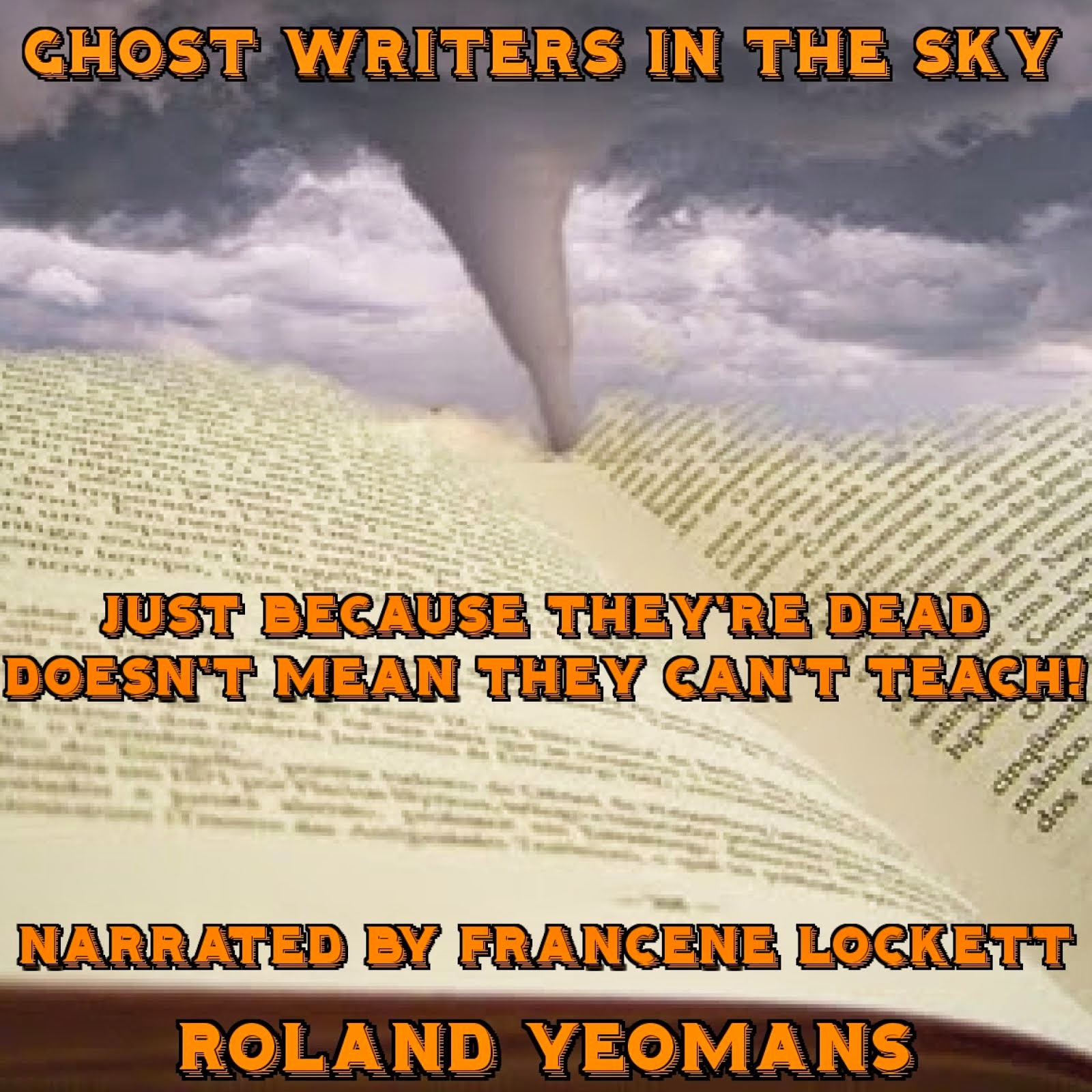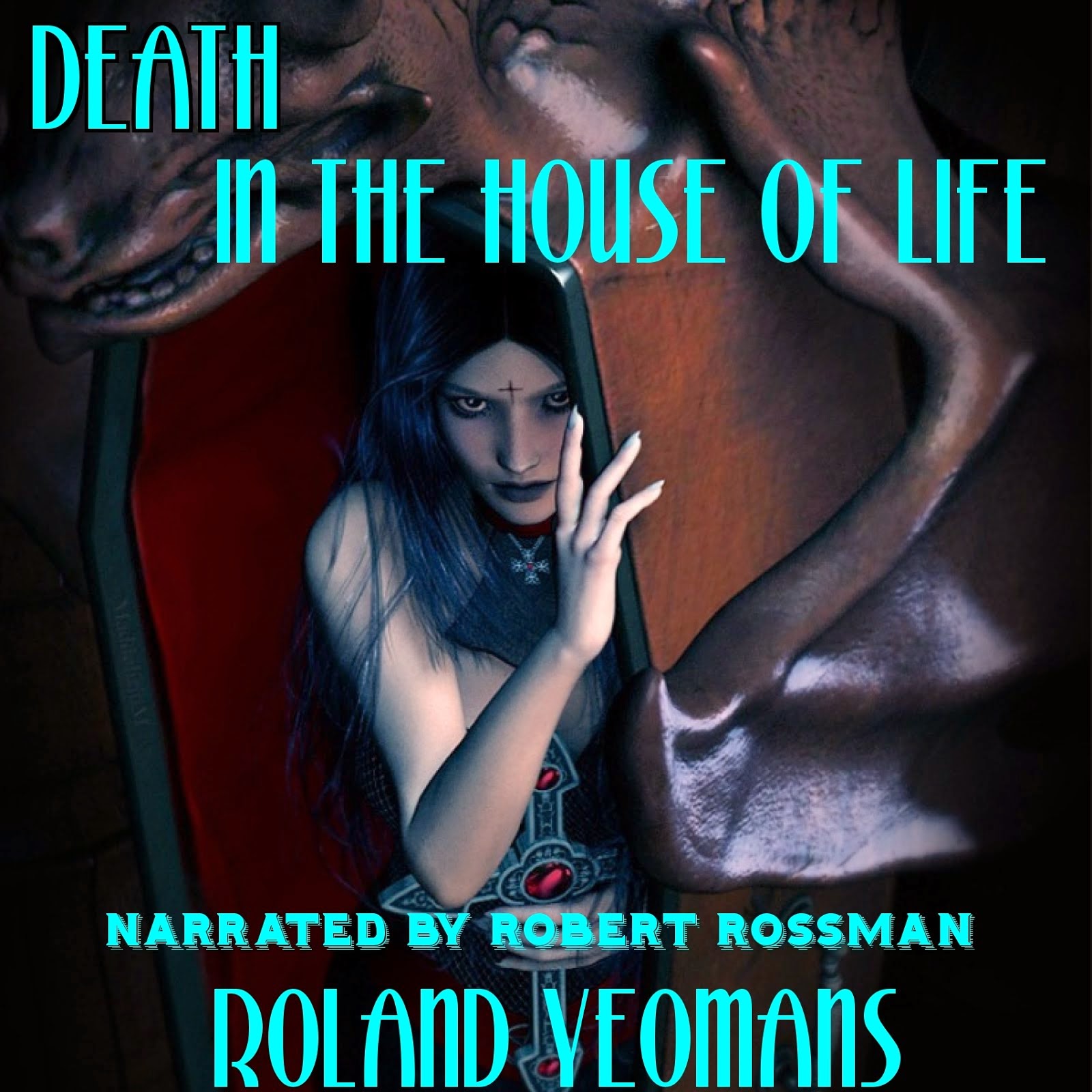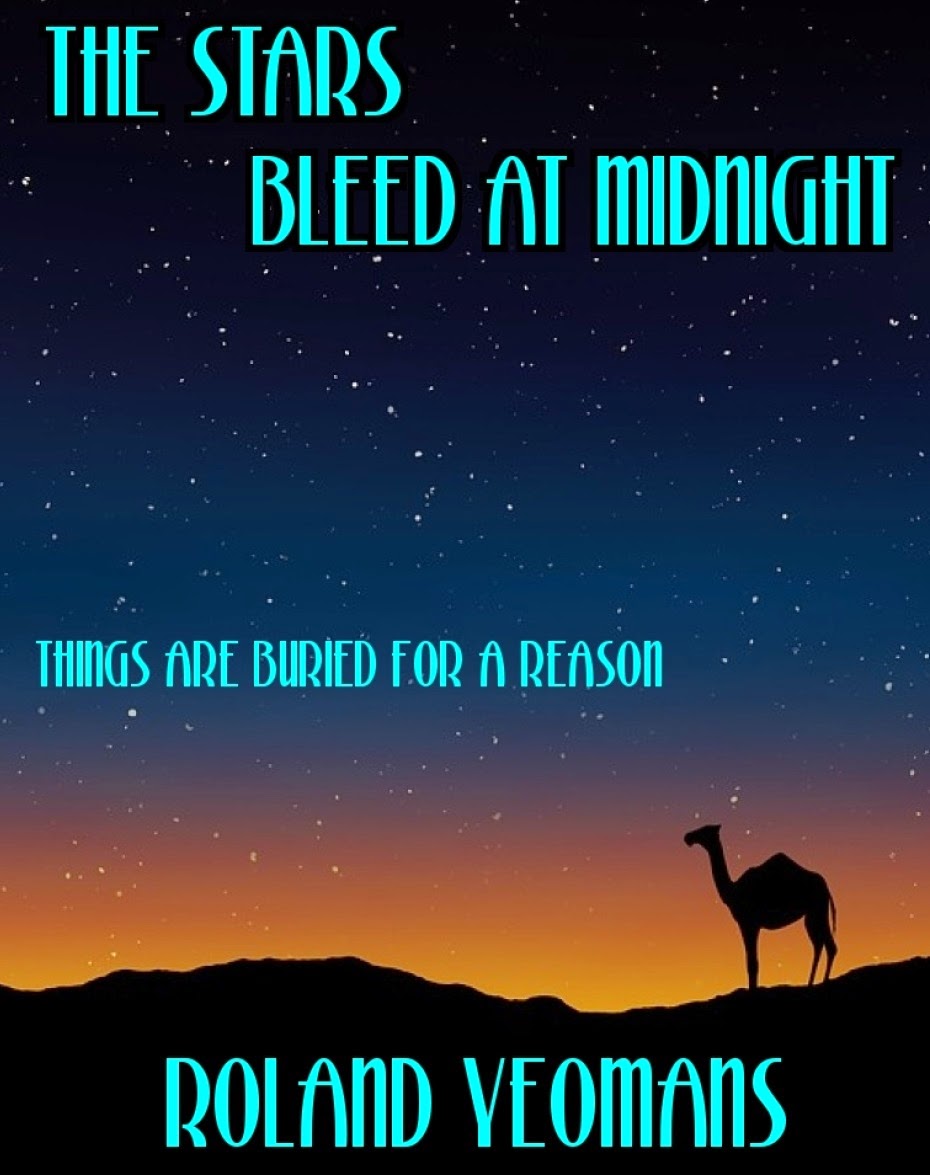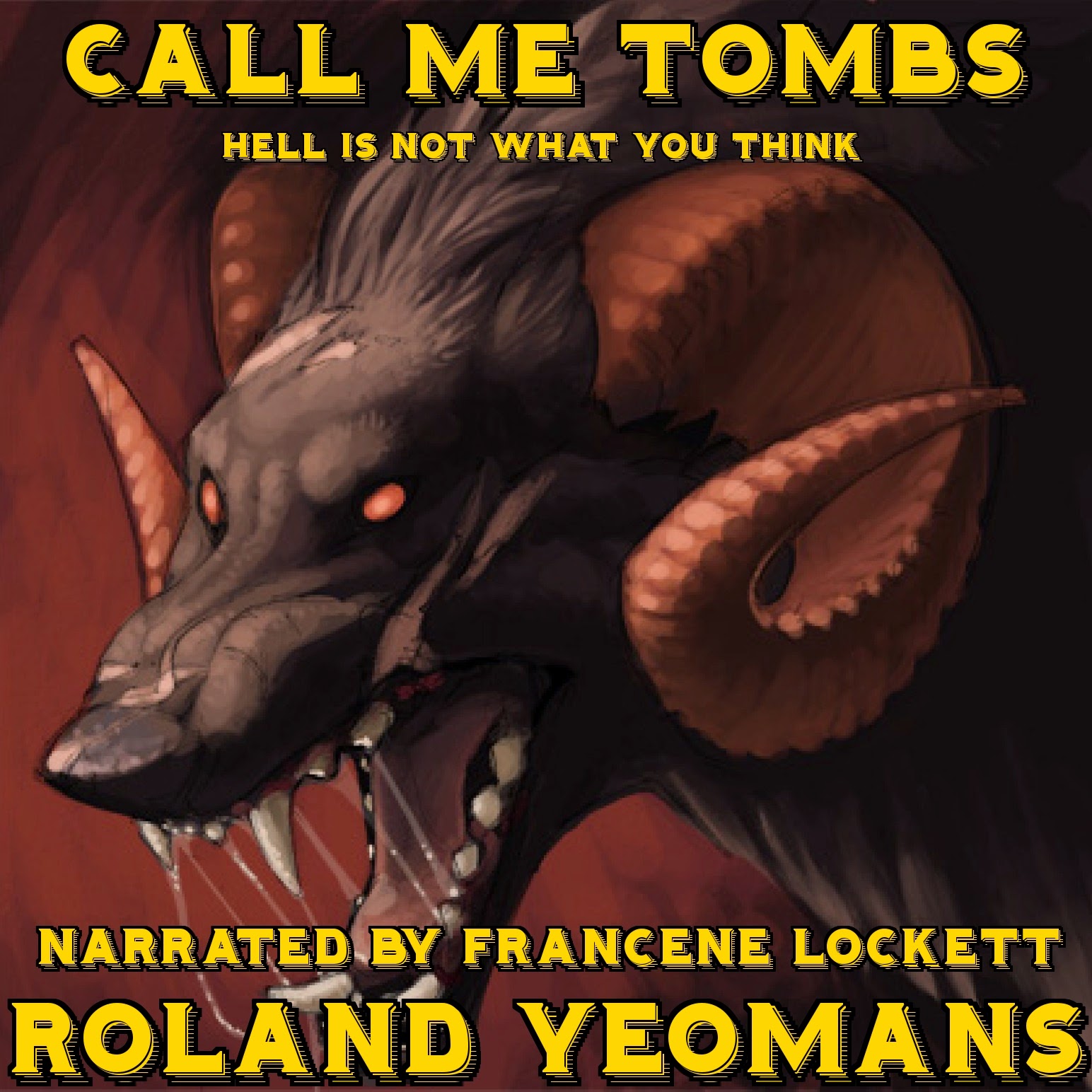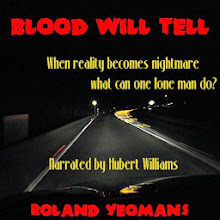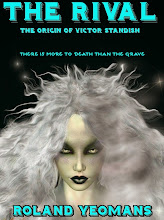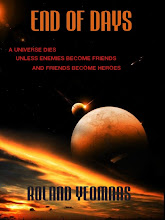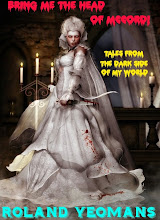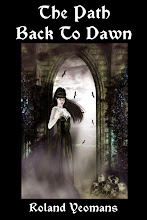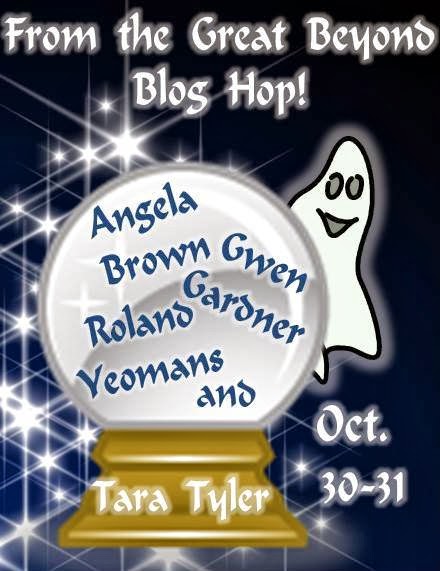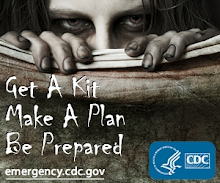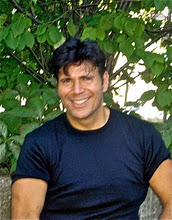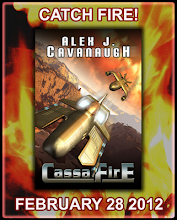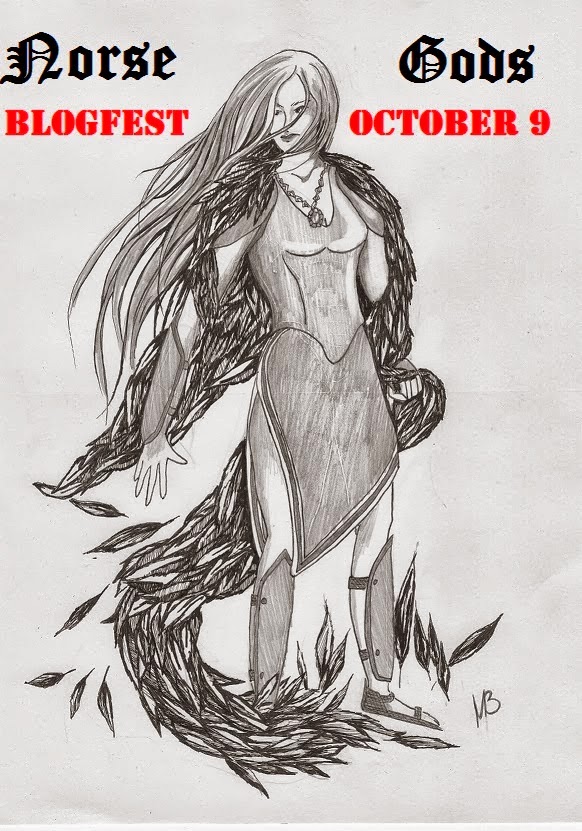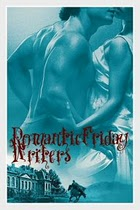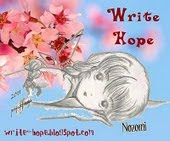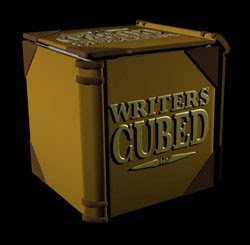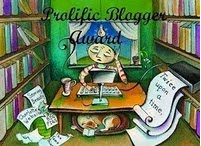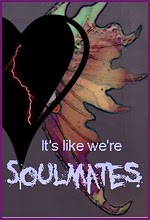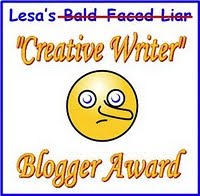The ghost of Oscar Wilde sat down beside me.
"What is wrong, Roland? Is your apprehension about your upcoming cancer surgery worsening?"
I shook my head.
"Several friends have emailed me asking how I keep on keeping on. They are fighting inner wars with depression and grief. They ask me how I ignore it to keep on working."
Wilde
seemed to look within himself at a parade of unwanted lessons in memories.
“When first I was put into prison some people
advised me to try and forget who I was. It was ruinous advice. It is only by
realizing what I am that I have found comfort of any kind.”
Oscar
looked sadly at me.
“Then I was
advised by others to try to forget that I have ever been in a prison at all. I
know that would be equally fatal.
It would mean that I would always be haunted
by an intolerable sense of disgrace, and that those things that are meant for
me as much as for anybody else –
the beauty of the sun and moon, the pageant of
the seasons, the music of daybreak and the silence of great nights, the rain
falling through the leaves, or the dew creeping over the grass and making it
silver –
would all be tainted for me, and lose their healing power, and their
power of communicating joy.”
Oscar toyed
with the petals of the sunflower in his lapel.
“No.
To regret one's own experiences is to arrest one's own development. To deny
one's own experiences is to put a lie onto the lips of one's own life. It is no
less than a denial of the soul.”
Wilde sighed, "Though, in
the eyes of the world, I am ,of course, a disgraced and ruined man, still every
day I am filled with wonder at all the beautiful things that are left to me:
loyal and loving friends such as you, Twain, and Captain McCord … good health …
books: one of the greatest of the many worlds God has given to each man …
the
pageant of the seasons: the loveliness of leaf and flower: the nights hung with
silver and the dawns dim with gold. I often find myself strangely happy though the weight of depression deadens the inside of my chest.”
McCord sat on the other side of me.
"Recovering from depression requires action, but taking action when you’re
depressed is hard.
In fact, just thinking about the things you should do to feel
better, like going for a walk or spending time with friends, can be
exhausting.
It’s the Catch-22 of depression recovery:
The things that help the most are
the things that are the most difficult to do. There’s a difference, however,
between something that's difficult and something that's impossible."
He rubbed his face with his gloved hand. "I'm a Ranger, son. And we break problems down into do-able steps --
The key to depression recovery is to start with a few small goals and slowly
build from there. Draw upon whatever resources you have.
You
may not have much energy, but you probably have enough to take a short walk
around the block or pick up the phone to call a loved one.
Take things one day at a time and reward yourself for each accomplishment.
The steps may seem small, but they’ll quickly add up.
And for all the energy you
put into your depression recovery, you’ll get back much more in return.
The ghost of Alfred Adler sat down opposite me. He slid a sheet of paper towards me. "I was listening at the next table, and I jotted down these thoughts:
Depression self-help tip: Challenge negative thinking
Rather, the trick is to replace negative thoughts with more balanced thoughts.
Ways to challenge negative thinking:
- Think outside yourself. Ask yourself if you’d say what you’re thinking about yourself to someone else.
- If not, stop being so hard on yourself. Think about less harsh statements that offer more realistic descriptions.
- Allow yourself to be less than perfect. Many depressed people are perfectionists, holding themselves to impossibly high standards and then beating themselves up when they fail to meet them. Battle this source of self-imposed stress by challenging your negative ways of thinking
- Socialize with positive people. Notice how people who always look on the bright side deal with challenges, even minor ones, like not being able to find a parking space. Then consider how you would react in the same situation. Even if you have to pretend, try to adopt their optimism and persistence in the face of difficulty.
- Keep a “negative thought log." Whenever you experience a negative thought, jot down the thought and what triggered it in a notebook.
- Review your log when you’re in a good mood. Consider if the negativity was truly warranted. Ask yourself if there’s another way to view the situation. For example, let’s say your boyfriend was short with you and you automatically assumed that the relationship was in trouble. It's possible, though, he’s just having a bad day.
|
Types of negative thinking that add to
depression
|
|
All-or-nothing thinking – Looking at things in black-or-white categories, with no middle ground (“If I fall short of perfection, I’m a total failure.”) |
|
Overgeneralization – Generalizing from a single negative experience, expecting it to hold true forever (“I can’t do anything right.”) |
|
The mental filter – Ignoring positive events and focusing on the negative. Noticing the one thing that went wrong, rather than all the things that went right. |
|
Diminishing the positive – Coming up with reasons why positive events don’t count (“She said she had a good time on our date, but I think she was just being nice.”) |
|
Jumping to conclusions – Making negative interpretations without actual evidence. You act like a mind reader (“He must think I’m pathetic”) or a fortune teller (“I’ll be stuck in this dead end job forever”) |
|
Emotional reasoning – Believing that the way you feel reflects reality (“I feel like such a loser. I really am no good!”) |
|
‘Shoulds’ and ‘should-nots’ – Holding yourself to a strict list of what you should and shouldn’t do, and beating yourself up if you don’t live up to your rules. |
|
Labeling – Labeling yourself based on mistakes and perceived shortcomings (“I’m a failure; an idiot; a loser.”) |
The ghost of Mark Twain sat beside Adler, shaking his head.
"The best cure for depression, son, is to be there for others, to find a way to make them laugh, or to feed them in a way they need the most. But laughter is the best."
"The best cure for depression, son, is to be there for others, to find a way to make them laugh, or to feed them in a way they need the most. But laughter is the best."
Wilde smiled, "I knew there was a reason I kept you as a friend."
For more of Oscar Wilde vs. Mark Twain
check out
DEATH IN THE HOUSE OF LIFE:












